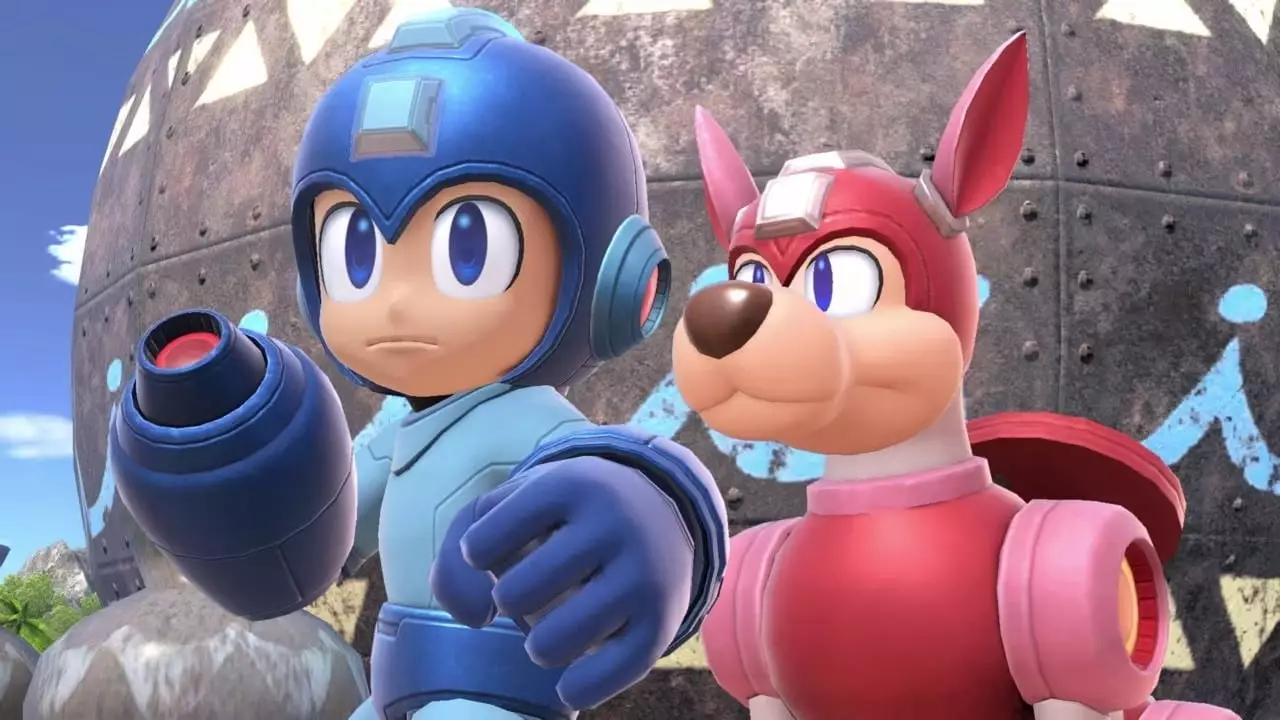At this year’s Game Awards, the spotlight shifted to Capcom, a titan in the gaming industry, as it announced the revival of beloved franchises such as Okami and Onimusha. This unexpected move has sparked excitement among long-time fans and opened discussions about the future of gaming nostalgia. In a recently released statement from Capcom, the company emphasized its initiative to “reactivate dormant IPs,” a strategy designed to breathe life back into classic titles that have not seen new releases in years. Capcom’s intention is clear: leveraging its rich library of content not only enhances corporate value, but also satisfies a market that increasingly craves the return of iconic gaming experiences.
Capcom’s dedication to reviving classic games signals a strategic pivot aimed at maximizing its current assets. Recent endeavors in releasing collections, such as the Ace Attorney series and the Marvel vs. Capcom Fighting Collection, indicate the company’s agility in optimizing older titles for modern audiences. As new gaming technologies develop, re-launching these vintage IPs integrates nostalgia with contemporary gaming mechanics, ultimately offering an enriched experience to both old and new players alike. This approach could potentially increase their consumer base, creating a cycle of profitability through established affection for these franchises.
Looking forward, Capcom is not merely resting on the laurels of past successes. The company has exciting plans for 2025, including the highly anticipated release of a new Monster Hunter game, demonstrating its commitment to both innovation and tradition. Additionally, recent interactions with fans through surveys reflect a deeper engagement strategy whereby Capcom actively considers what its community desires. Titles like Breath of Fire have surfaced as fan-favorites worth reviving, which suggests Capcom is tactically prioritizing franchises that resonate deeply with its audience.
Interestingly, Capcom is not alone in its quest to revive iconic titles. Other industry heavyweights like Sega are also resurrecting classic IPs, including Crazy Taxi and Jet Set Radio. This trend highlights a broader industry shift where gaming companies recognize the immense value in established franchises, both as a means of financial security and as a way to foster emotional connections with consumers. The reinvigoration of these franchises showcases not only nostalgia but also the potential for narrative-rich gaming experiences that newer titles may not yet replicate.
As Capcom embarks on this journey to rekindle its legacy, fans eagerly anticipate which franchises may see the light of day again. The question remains: what other dormant titles could get the revival treatment? Gamers are looking to the company to deliver surprises that not only honor the past but also reimagine these classics for a new generation. With-demand for richer storytelling and engaging gameplay at an all-time high, Capcom’s strategic choices could set a precedent in the gaming industry, making the reactivation of beloved IPs not just a nostalgic endeavor, but a vital part of the future landscape of gaming.


Leave a Reply